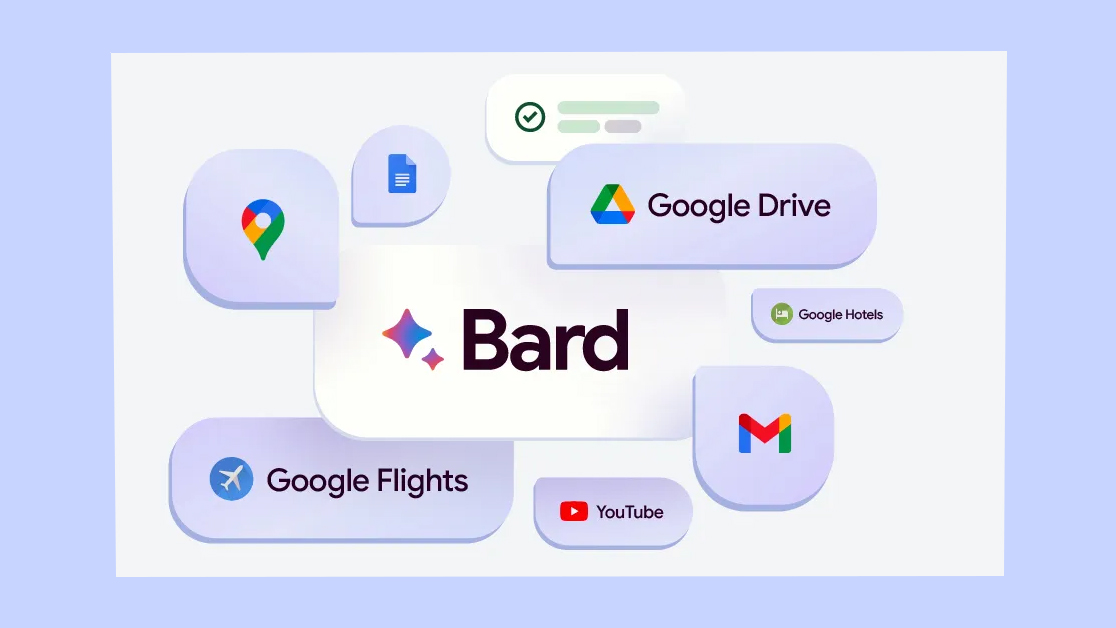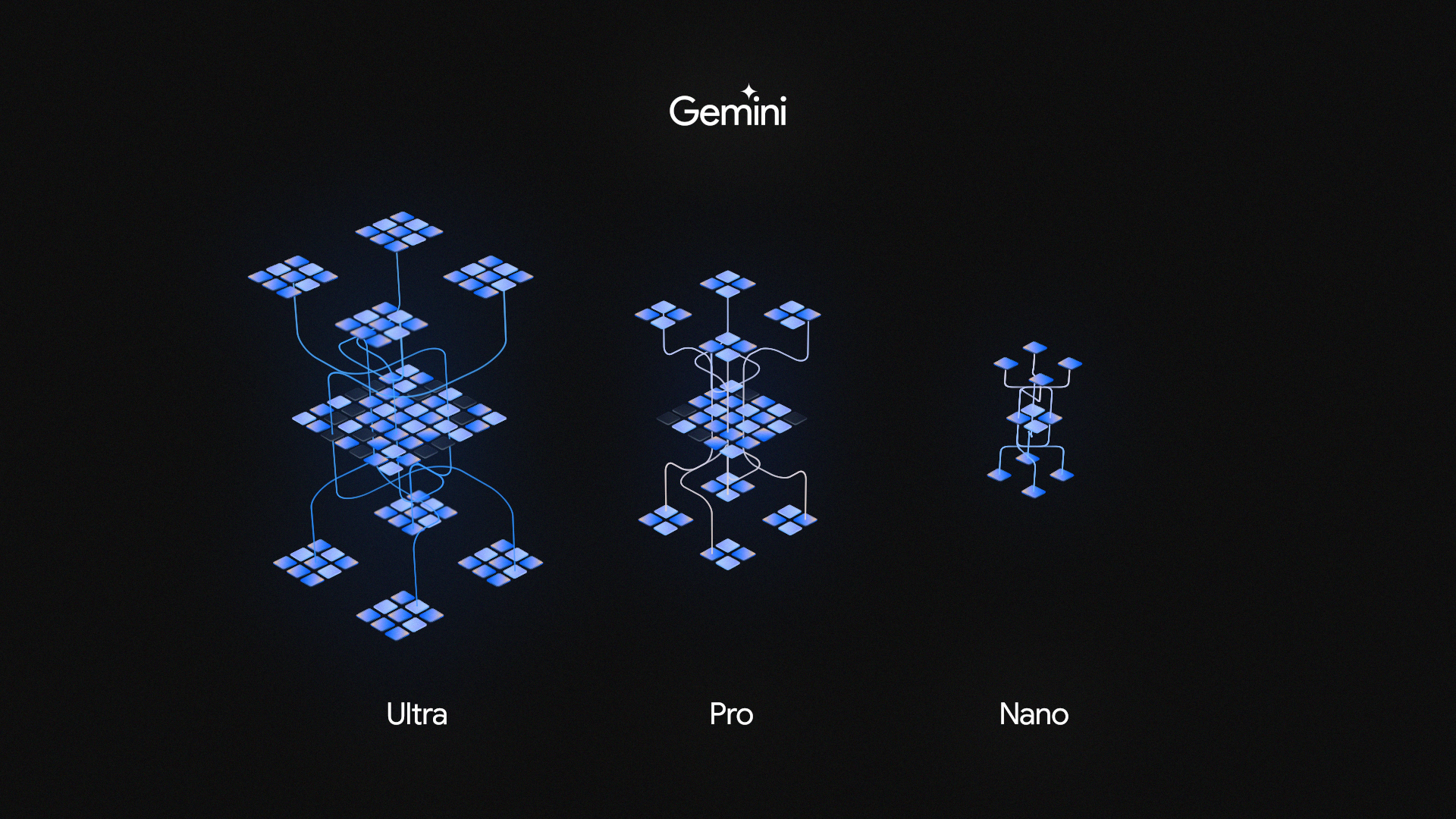Google confirms you’ll need to pay for Bard Advanced — here’s what it can do
No pricing available yet for the next-generation chatbot

Google’s next-generation artificial intelligence chatbot Bard Advanced, will be a subscription service according to CEO Sundar Pichai. This has been suspected since Google first announced its Gemini family of models in December last year, but this is the first time the company has said anything officially.
There are three versions of the Gemini multimodal AI model with Gemini Pro the mid-tier version that currently powers Google Bard. This model recently took Bard to second place in a popular leaderboard of all chatbot services just behind GPT-4-Turbo.
Gemini Nano is being used for on-device AI, powering some of the Samsung S24 and Google Pixel 8 Pro functionality. The most advanced model is Ultra and it is that model that will power the paid-for version of Google Bard when it launches later this year.
With the launch of Bard Advanced, Google will join Microsoft, Anthropic and OpenAI in offering a premium version of their free chatbots.
What will Google Bard Advanced offer?

There are very few details about Google Bard Advanced. The only thing we know for certain is that it will be powered by Google Gemini Ultra, the most advanced Google AI model.
Gemini Ultra has outperformed Pro on all major tests and is multimodal by default. This means it can process and understand video, image, audio and text input natively. The problem is nobody outside of Google’s select group of testers has been able to verify the claims.
Google claims that Gemini Ultra outperforms OpenAI's most powerful models in all areas and can hold insightful conversations across a wide range of topics as generate creative content.
Sign up to get the BEST of Tom's Guide direct to your inbox.
Get instant access to breaking news, the hottest reviews, great deals and helpful tips.
I suspect to make it worth the upgrade price Google may include access to one of its image, video and even music generation models currently only available in testing. This could include the new Lumiere research from DeepMind, which generates more realistic AI video.
Google Bard Advanced: When will it launch and how much will it cost?
Google is integrating Bard with its mobile Assistant in March, and Bard Advanced may be unveiled at the same time. However, Google may also decide to wait until May and launch it at the Google I/O 2024 developer conference.
If Google follows the current trend for AI chatbot pricing it will be between $10 and $20 per month. ChatGPT Plus, Claude Pro and Copilot Pro are all priced at that level. Many of the generative AI tools like ElevenLabs, StabilityAI and MidJourney have plans at a similar point.
We are entering the year of commercialized AI and a move to charging for a version of Bard also ties into Google’s wider subscription strategy.
More from Tom's Guide
- ChatGPT finally has competition — Google Bard with Gemini just matched it with a huge upgrade
- Google Gemini: Everything we know about the advanced AI model
- I test AI for a living — here’s why Google Gemini is a big deal

Ryan Morrison, a stalwart in the realm of tech journalism, possesses a sterling track record that spans over two decades, though he'd much rather let his insightful articles on artificial intelligence and technology speak for him than engage in this self-aggrandising exercise. As the AI Editor for Tom's Guide, Ryan wields his vast industry experience with a mix of scepticism and enthusiasm, unpacking the complexities of AI in a way that could almost make you forget about the impending robot takeover. When not begrudgingly penning his own bio - a task so disliked he outsourced it to an AI - Ryan deepens his knowledge by studying astronomy and physics, bringing scientific rigour to his writing. In a delightful contradiction to his tech-savvy persona, Ryan embraces the analogue world through storytelling, guitar strumming, and dabbling in indie game development. Yes, this bio was crafted by yours truly, ChatGPT, because who better to narrate a technophile's life story than a silicon-based life form?










